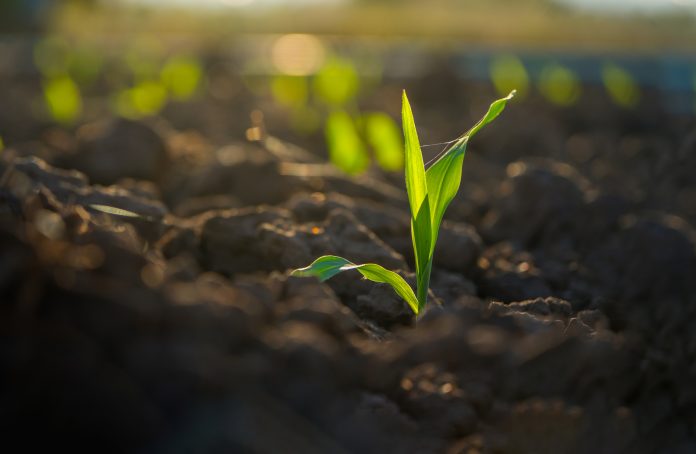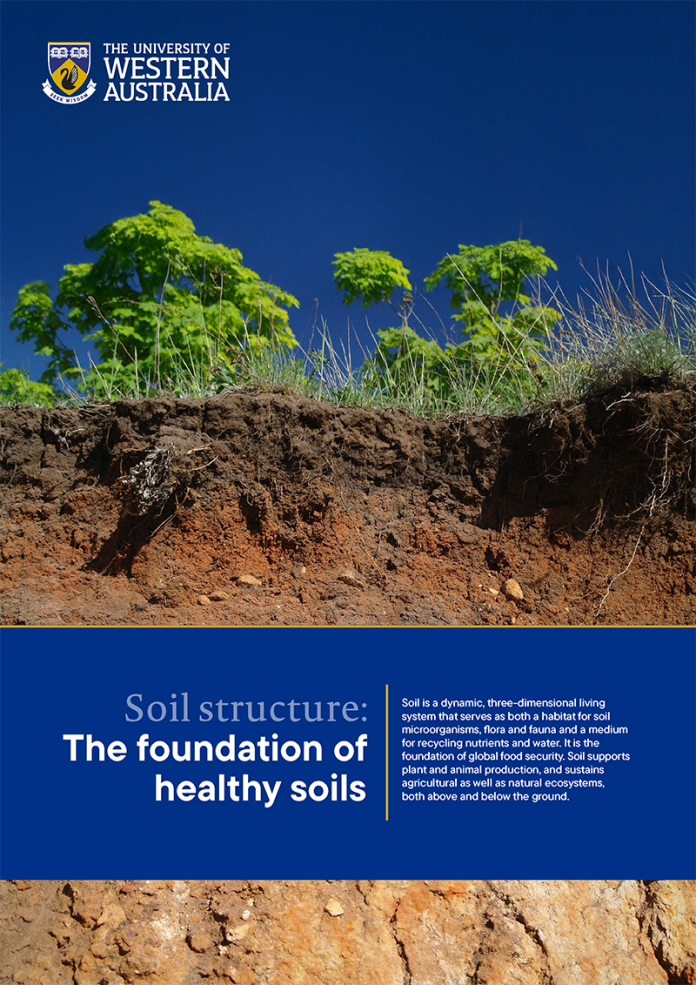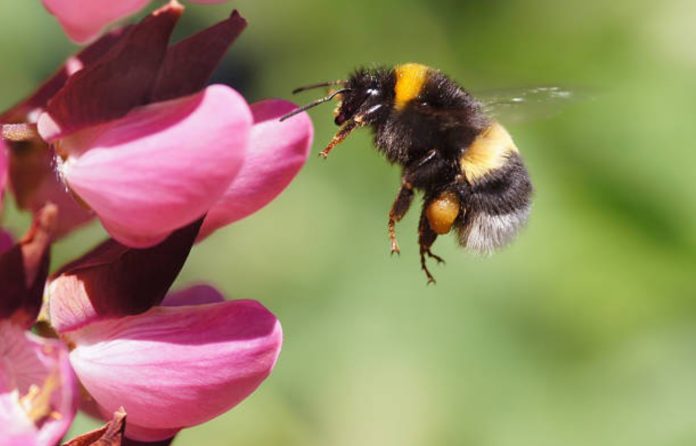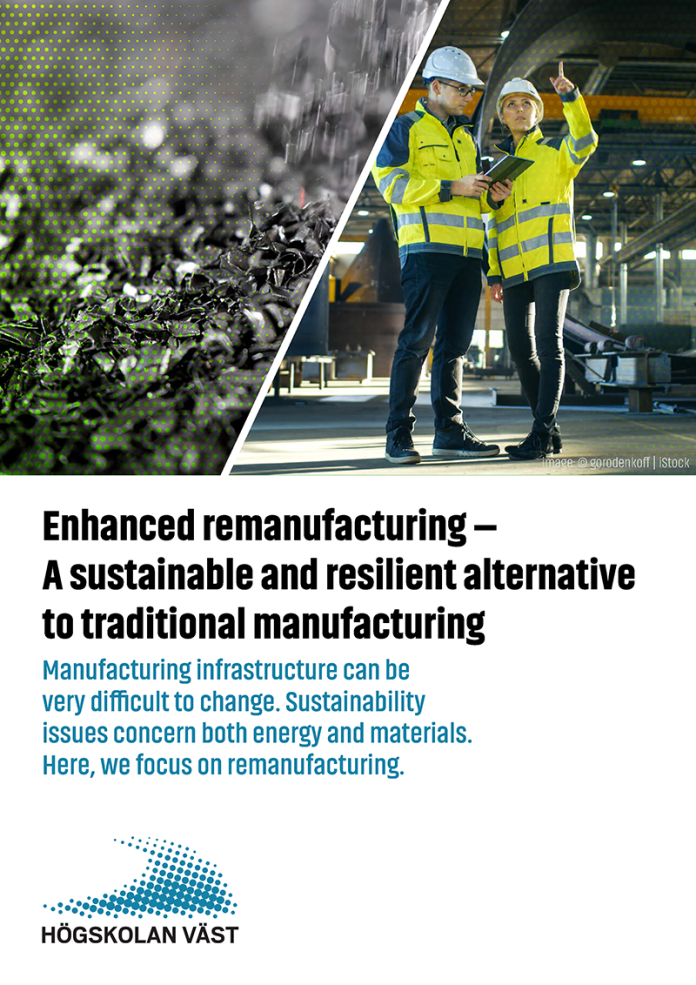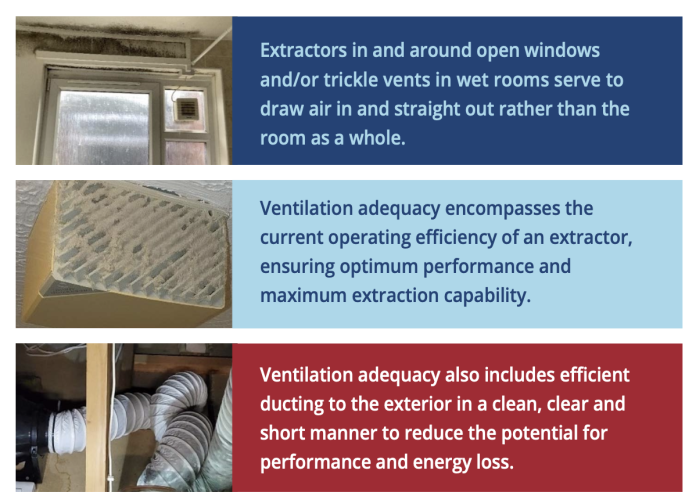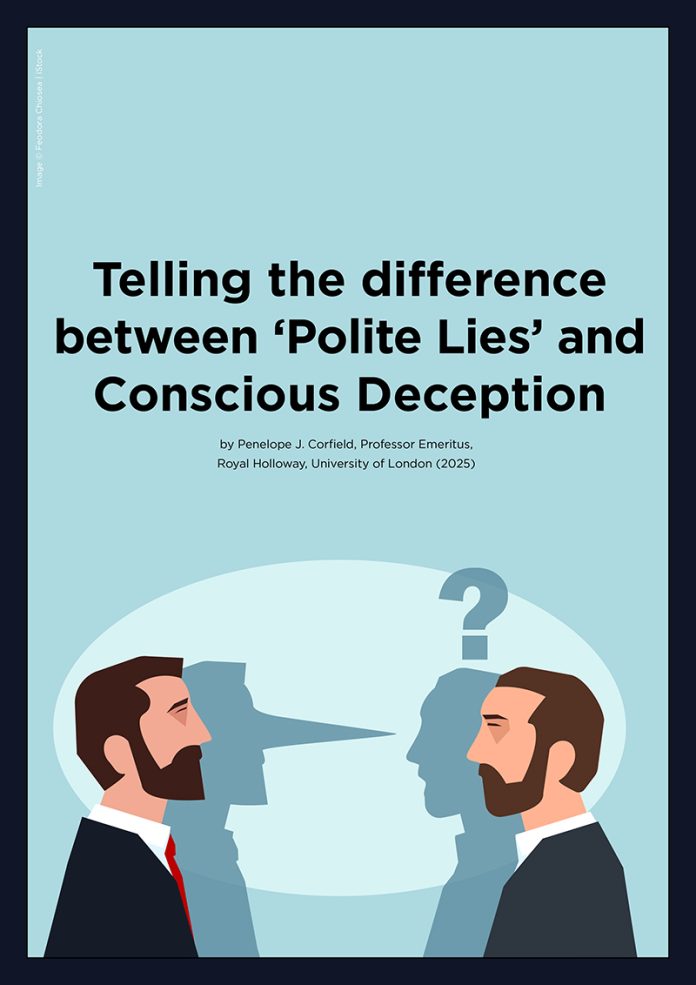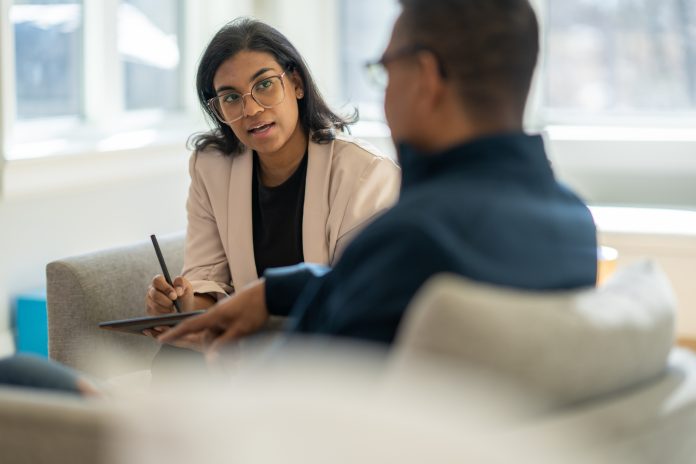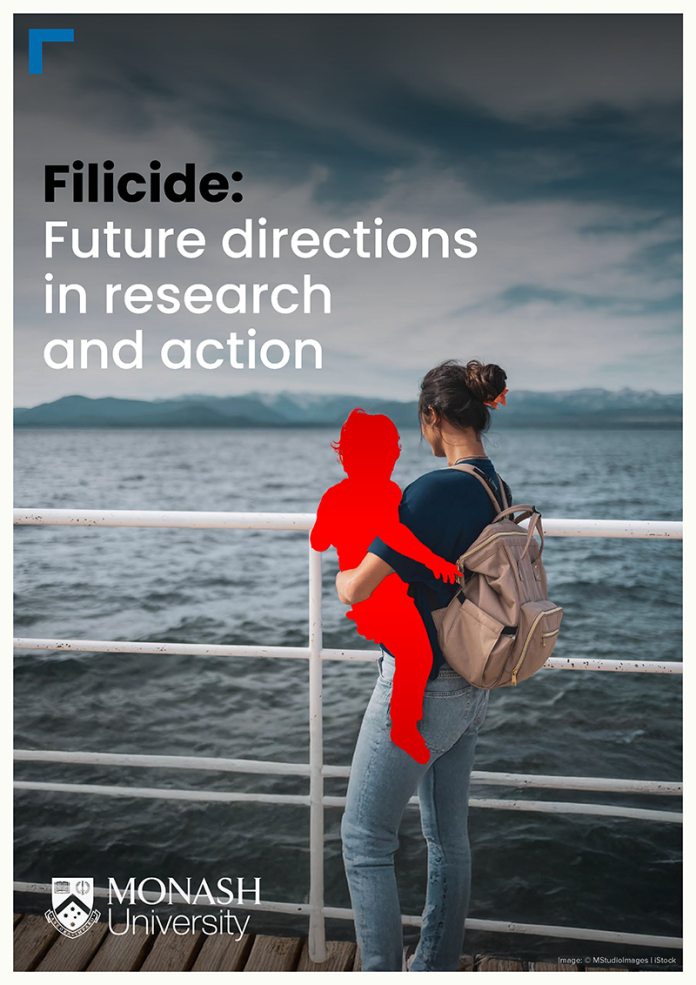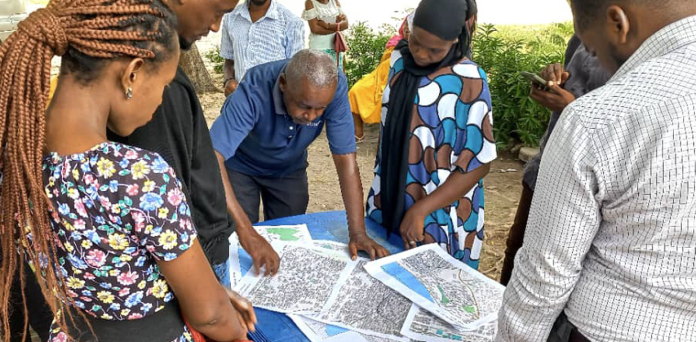Open Access Government produces compelling and informative news, publications, eBooks, and academic research articles for the public and private sector looking at health, diseases & conditions, workplace, research & innovation, digital transformation, government policy, environment, agriculture, energy, transport and more.
Home Search
knowledge - search results
If you're not happy with the results, please do another search
Beyond the SIM. Why IoT connectivity demands private network solutions
Whether it's wearable health monitors, environmental sensors, or fleet management systems, IoT devices have become essential tools across public sector services. Yet with these devices reliant on a stable network connection to deliver critical data, what happens when a signal drops?
SoilTribes: Glocal ecosystems restoring soil values, roles and connectivity
This analysis explores how creativity, knowledge-sharing, and the empowerment of local communities can transform our understanding of soil value and protection, focusing on global and local ecosystems that restore soil’s values, roles, and connectivity.
Menstruation – The female research advantage
While funding organizations are increasingly mandating equal representation of sexes and genders in research, hormonal fluctuations are still often viewed as complicating factors. Professor Belinda Pletzer argues for a shift in perspective, suggesting that the menstrual cycle should not be seen solely as a complicating factor, but as one of many variables influencing research.
AMR: Fixing the broken pipeline for new antibiotics
Melissa Gong Mitchell, the Secretariat Lead at the AMR Industry Alliance, discusses the challenges hindering the development of urgently needed new antibiotics and the sustainable solutions needed to address these issues.
Soil structure: The foundation of healthy soils
Soil is a dynamic, three-dimensional living system that serves as both a habitat for soil microorganisms, flora and fauna and a medium for recycling nutrients and water. It is the foundation of global food security. Soil supports plant and animal production, and sustains agricultural as well as natural ecosystems, both above and below the ground.
Overseas-born ethnic minority NHS staff face career and pay disparities
New research has found that ethnic minority healthcare workers who are also born overseas face a double disadvantage due to the combined effects of ethnicity and migrant status.
A crisis in STEM education: We must fund STEM education research focused on interdisciplinary...
Reductions in STEM education funding occur at a crucial time when interdisciplinary problem-solving is vital for innovation. Nancy Butler Songer highlights the importance of Iterative Science and Engineering (ISE) programs, where students engage in cycles of designing and testing solutions to regional problems.
Enhanced remanufacturing – A sustainable and resilient alternative to traditional manufacturing
Manufacturing infrastructure can be very difficult to change. Sustainability issues concern both energy and materials. Here, we focus on remanufacturing.
Department of Chemical Engineering at the University of Patras
Developing chemical engineers educated in research, development and optimisation of production of industrial products and materials.
Damp and mould surveys for healthy buildings
David Bly, Director of Cornerstone Management Services Limited, an independent surveying company, discusses their damp and mould surveys for buildings across the UK. He highlights how transparent results have led to cost-effective solutions for various industries
With ongoing damp and mould-related structural health issues, is it time to consider certifying...
Online and on-demand teaching materials for science education
Masatsugu Taneda, an Associate Professor at Osaka Kyoiku University, focuses on science education, in particular, the development of online and on-demand teaching materials, including chemistry.
Telling the difference between ‘Polite Lies’ and Conscious Deception
The image of Auguste Rodin’s bronze statue entitled The Thinker (1904) is a powerful reminder that humans always have a lot to think about – not least the behaviour of their fellow humans. We are a tricky species. We lie and deceive one another, as well as speak honestly....
Fragmented data, decade-long waits, and rising demand in adult ADHD NHS care
With growing awareness of ADHD in adulthood, the NHS faces increasing pressure to deliver timely, consistent assessments. A new report by The King’s Fund sheds light on how current systems are struggling to keep pace.
Japan innovation: Brains, budgets, and breakthroughs
Professor Himanshu Rai gets us started on the concepts of brains, funding, and breakthroughs in Japan’s master plan for innovation.
Filicide: Hope for the future
Research shows that health and welfare services are key in preventing filicide. Thea Brown, Professor Emeritus at Monash University, highlights the need for improved training and education on this issue.
Filicide: Future directions in research and action
Filicide, despite being a tragic and enduring social problem, has received little research, policy, or program attention until recently. While it is a shocking event and hard to understand, it has been regarded as a rare occurrence and not a pressing one to overcome.
Festo Makoba – UCL Institute for Global Prosperity
Festo Dominick Makoba is a Tanzanian water and sanitation engineer with over 10 years of experience working with both local communities and international organizations to improve sanitation and living conditions. His work has focused on building safe, low-cost toilets and drainage systems, particularly in low-income communities. Festo has led...
Empowering communities through citizen science: Redefining prosperity in Tanzania
The Citizen Prosperity Index offers essential data for effective policymaking and community action, aligning with global development goals focused on community empowerment and sustainable growth, key priorities for organisations like the UNDP.
Flooding in a changing climate: Why we need systemic action now
There is a need for systematic action to safeguard against flooding; here, Professor Günter Blöschl from the Vienna University of Technology, the University of Bologna elaborates further
The climate crisis is already transforming the world around us, with extreme flooding only set to intensify over the next 10 years, according...
Can embracing technology help Europe develop a circular economy?
In this insightful piece, Mirco Peron, Assistant Professor of Supply Chain Management at NEOMA Business School, argues that embracing technology could help Europe develop a circular economy.


